Alien life. What do you think of it?
Is it something that you can't wait for astronauts and scientists to discover?
Embed from Getty Images
Or are you a little more... cautious.
Embed from Getty Images
If you're in the second group, you could be exactly the kind of person that NASA is looking for. Their new Planetary Protection Officer!
Outer space top cop
Okay, to be fair, you may need to get a little more life experience before you're ready to take on such a role. But there's no harm is hearing about the job, especially when it's so interesting. The Planetary Protection Officer (PPO) might sound like some sort of space cop, keeping alien invaders at bay. And it sort of is. Except the alien invaders aren't UFOs and green men. They're microbes and other tiny forms of life.
And it works both ways, to and from Earth. In fact, with NASA undertaking so much new exploration these days, the planets that the PPO is protecting usually isn't our own.
Treaty with respect
Whenever NASA is planning missions to worlds such as Mars, it has to follow the rules of the Outer Space Treaty. (Getty Embed)
A lot of what guides the PPO started with the Outer Space Treaty of 1967. Space exploration was starting to heat up (both the United States and Russia had sent rockets, satellites, and astronauts into space by this point). So this agreement was meant to guide how countries would behave in the vastness of our solar system... and beyond! For example, no country could claim ownership over a celestial body (planet, asteroid, moon, comet, etc.).
Then there is Article IX. In the simplest terms, it states that humanity should try to avoid disturbing or contaminating foreign worlds as it explores space. This is one of the most important parts of the PPO's job.
No hitchhikers!
"Masks, people!" Any probe, such as the New Horizons Probe that was sent to Pluto and the Kuiper Belt, has to be treated with care before launch. (Getty Embed)
Tiny microbes are found on everything on Earth... including spacecraft. That means that these things can hitchhike rides to foreign worlds on probes and satellites. And if they do? Well, say we've sent a probe to one of Saturn's moons to explore the possibility of life. If that probe accidentally brought microbes with it, how are we to know if that the life it finds there is a native species (found only on that specific Saturn moon) or just an Earth germ on vacation?
The Planetary Protection Officer focuses on ways to ensure that NASA's spacecraft is as germ-free as possible before launch. This is especially true in terms of Class IV missions. These are missions to worlds that scientists believe have liquid water, and therefore, a place where Earth microbes could potential grow and thrive. Class IV mission bodies include Jupiter's moon Europa, Saturn's moon Enceladus, and Mars.
Foreign samples
At first, anyone coming back from the Moon, such as these Apollo 11 astronauts, were quarantined (put in isolation) to be sure that they didn't infect Earth with any foreign microbes, or germs. Today, a mission to the Moon would be considered Class II, or a place with no chance of life, so a quarantine wouldn't be necessary. (Getty Embed)
Then, of course, there is the return home. The PPO is in charge of making sure that any samples from foreign worlds that come back to Earth do not infect us with alien microbes. Obviously, any foreign sample will potentially carry such microbes. Proper procedures for quarantine and disinfection would need to be followed.
Okay, so you won't be checking E.T.'s passport or chasing down renegade jawas. But still, sounds like a pretty cool job, no?
And the best part? Regardless of who gets the job this time around, the Planetary Protection Officer only works for a maximum of five years. Maybe next time?
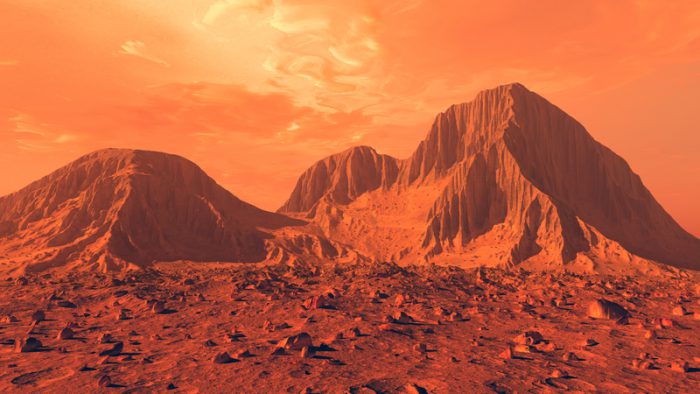 Think you can keep Earth life from contaminating Mars? We've got a job for you! (© Glazyuk | Dreamstime)
Think you can keep Earth life from contaminating Mars? We've got a job for you! (© Glazyuk | Dreamstime)

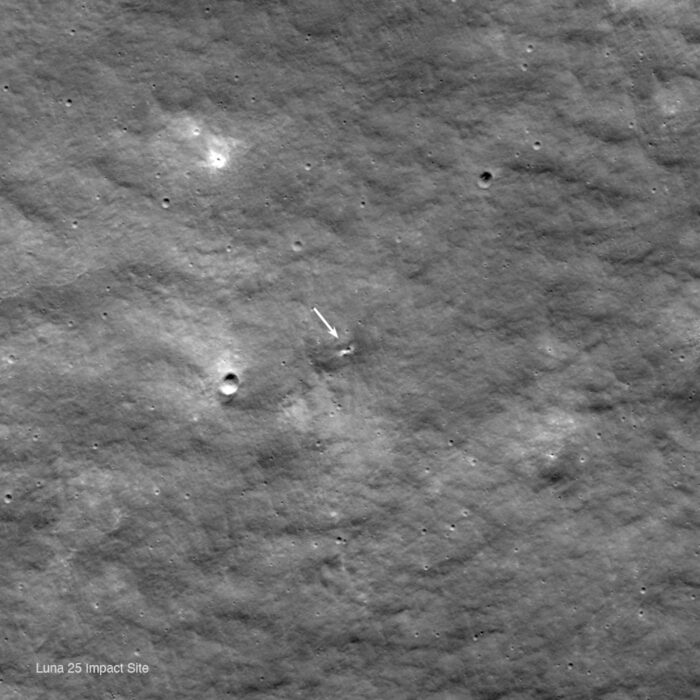


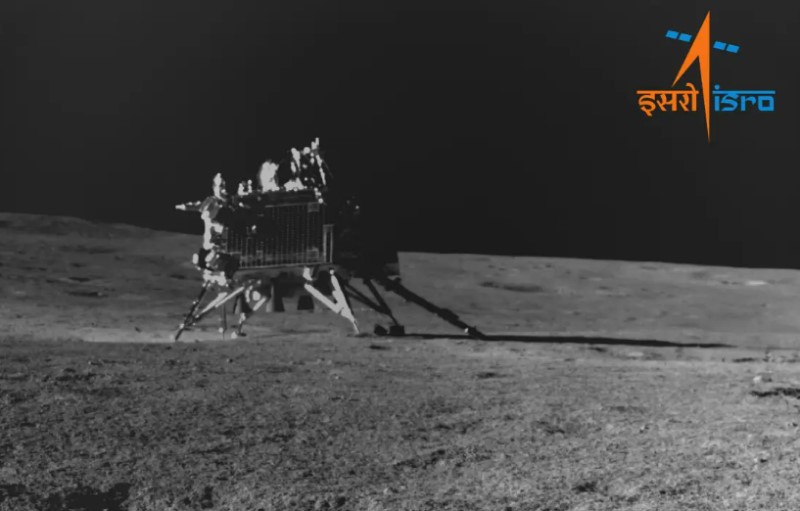
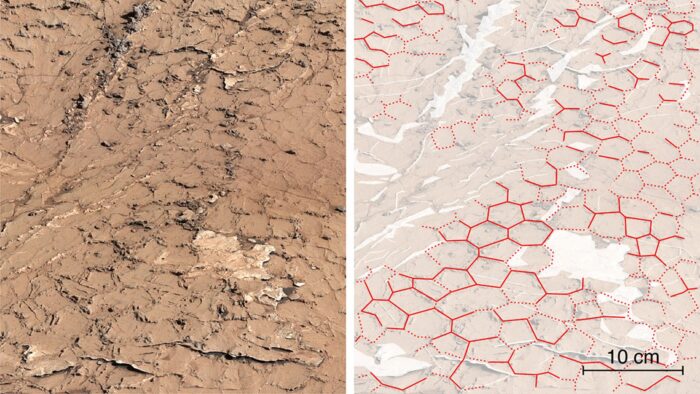

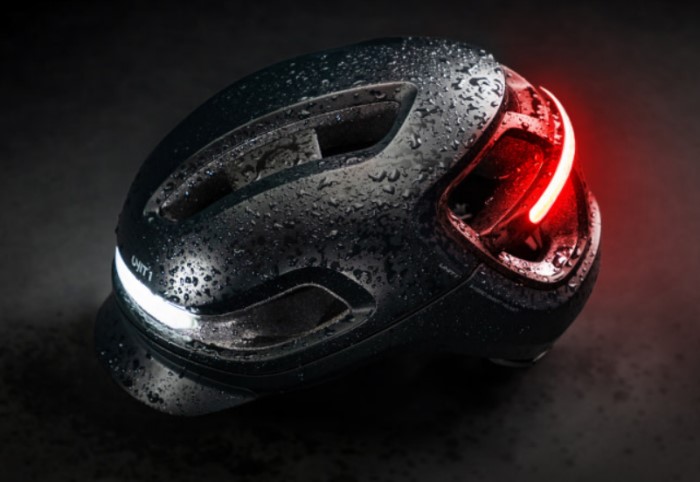

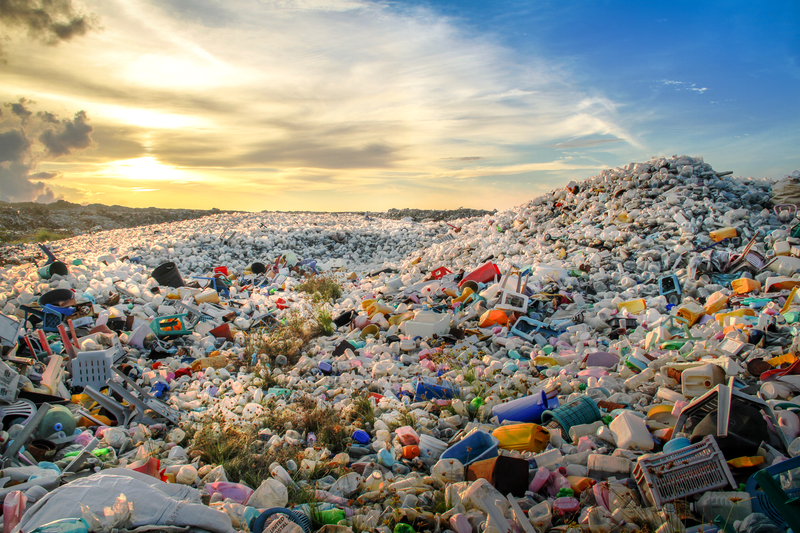
😯